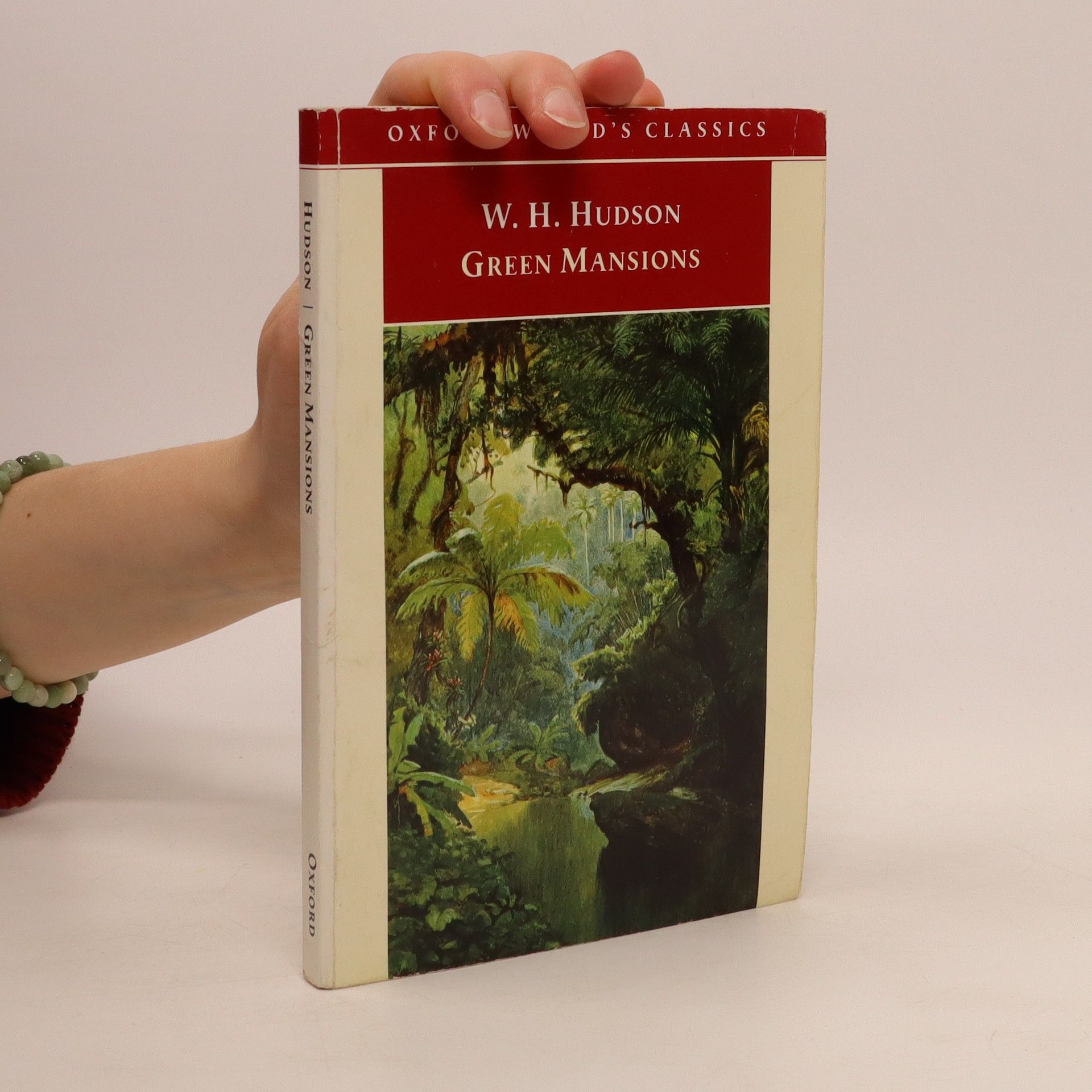The memoir explores Ian Duncan's profound journey through mental illness, detailing his commitment to a mental institution in 2001 and the subsequent sixteen-year struggle with stigma and trauma. He vividly recounts his transition from a padded cell to the transformative wilderness of Cove Mountain, where he encountered God, met his wife, and sought spiritual redemption. The narrative highlights his evolution from despair to joy, illustrating the universal battle against mental health challenges and the quest for self-acceptance and love.
Ian Duncan Book order (chronological)
Ian Duncan is a distinguished literary scholar and professor. His academic career includes studies at prestigious universities and many years of work in the academic sphere. He focuses on deep analysis and interpretation of literary works. His work enriches the understanding of literature.


Green mansions
- 209 pages
- 8 hours of reading
A failed revolutionary attempt drives the hero of Hudson's novel to seek refuge in the primeval forests of south-western Venezuela. There, in the 'green mansion' of the title, Abel encounters the wood-nymph Rima, the last survivor of a mysterious aboriginal race. The love that flowers betweenthem is soon overshadowed by cruelty and sorrow. One of the acknowledged masters of natural history writing, W. H. Hudson forms an important link between nineteenth-century Romanticism and the twentieth-century ecological movement. First published in 1904 and a best-seller after its reissue a dozen years later, Green Mansions offers its readers a poignant meditation on the loss of wilderness, the dream of a return to nature, and the bitter reality of the encounter between savage and civilized man.